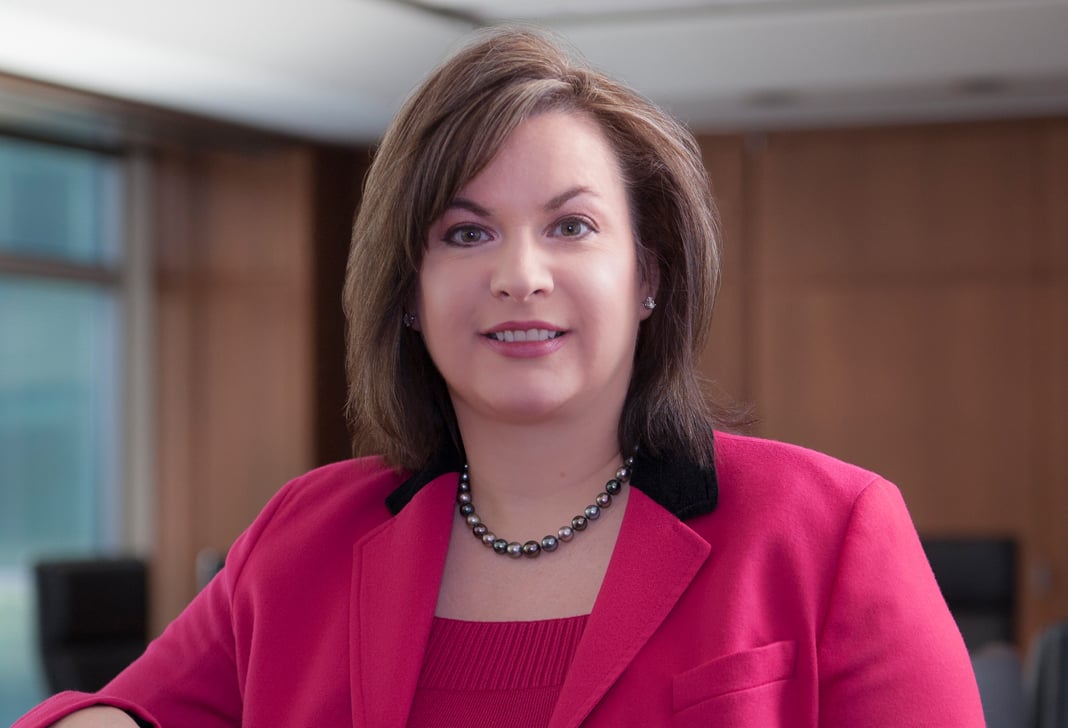
U.S. Supreme Court: Mere Retention of Property Does Not Violate the Automatic Stay
On January 14, 2021, the U.S. Supreme Court held in City of Chicago v. Fulton, 592 U.S. __ (2021), that a creditor in possession of a debtor's property does not violate the automatic stay, specifically section 362(a)(3) of the Bankruptcy Code, by retaining the property after the filing of a bankruptcy petition. The Court's decision provides important guidance to bankruptcy courts, practitioners, and parties on the scope of the automatic stay's requirements.
Fulton arose from four separate bankruptcy cases. In each case, the City of Chicago ("City") had impounded the debtor's vehicle due to the debtor's failure to pay fines for motor vehicle infractions. Each debtor filed a chapter 13 bankruptcy petition and requested that the vehicle be returned. When the City refused, the bankruptcy court sanctioned the City for violating the automatic stay. In a consolidated appeal of the four cases, the Seventh Circuit affirmed, reasoning that the City had acted "to exercise control over property of the estate," 11 U.S.C. § 362(a)(3), especially in light of the Bankruptcy Code's turnover obligation under 11 U.S.C. § 542(a), which mandates that an entity in possession of estate property "shall deliver" the property to the trustee. A majority of circuits to address this question reached the same conclusion.
Justice Alito delivered the opinion for a unanimous court, reversing the Seventh Circuit. The Court reasoned that the language used in section 362(a)(3)—"stay," "act," and "exercise"—suggested that the automatic stay prohibits only "affirmative acts that would alter the status quo," which would not include mere retention of property. The Court embraced that interpretation because an opposite reading of section 362(a)(3) would render superfluous the "central command" of section 542(a) that estate property be delivered to the trustee. In reaching this conclusion, the Court implicitly rejected the debtors' argument that the two provisions work in tandem to create an automatic obligation to turn over estate property. The Court explicitly declined to comment on the operation of the turnover obligation under section 542 and on other subsections of section 362(a).
In a concurring opinion, Justice Sotomayor recognized that it is often essential that chapter 13 debtors recover their vehicles in order to maintain employment and pay their creditors, but also that adversary proceedings under section 542 can last for months. While Justice Sotomayor agreed that section 362(a)(3) could not provide a solution, she emphasized that the Court's opinion did not preclude other potential approaches, such as invoking subsections 362(a)(4) and (6) or proceeding under section 542 by motion instead of by adversary proceeding.
The Court's decision puts an end to the governing approach in the Second, Seventh, Eighth, Ninth, and Eleventh Circuits. Courts in these jurisdictions have invoked section 362(a)(3) against both private and public creditors, in cases involving the return of vehicles, commercial equipment, disputed taxes, and the approval of sales of liquor licenses.
The Court's decision is more favorable to creditors holding estate property than to debtors or their other creditors. If section 362(a)(3) itself required turnover of estate property, creditors who did not immediately turn over such property could have faced damages or sanctions for violating the automatic stay. Debtors must pursue relief under section 542, by contrast, likely in an adversary proceeding that will give the creditor the ability to raise defenses with the procedural protections of civil litigation. In the meantime, to the extent that the property is important to the debtor's income, such as property used in the operation of a business, the creditor holding the property will likely have additional leverage over the debtor and other creditors of the estate.
On the other hand, the Court's decision is ultimately a narrow one. The Court repeatedly states that it is examining only the "mere retention of property" in the context of section 362(a)(3). The decision leaves open the possibility that retention of estate property could violate other aspects of the automatic stay, such as where the refusal to turn over estate property amounts to an effort to collect a prepetition debt. Moreover, the Court's opinion applies only to passive retention of estate property. If a creditor holding estate property seeks to use or sell the property, it may face a claim that it has willfully violated the automatic stay, for which the creditor could be subject to punitive damages under section 362(k). Creditors holding estate property should therefore remain wary.
Brett J. Wierenga, an associate in Jones Day's Washington Office, assisted in the preparation of this article.





